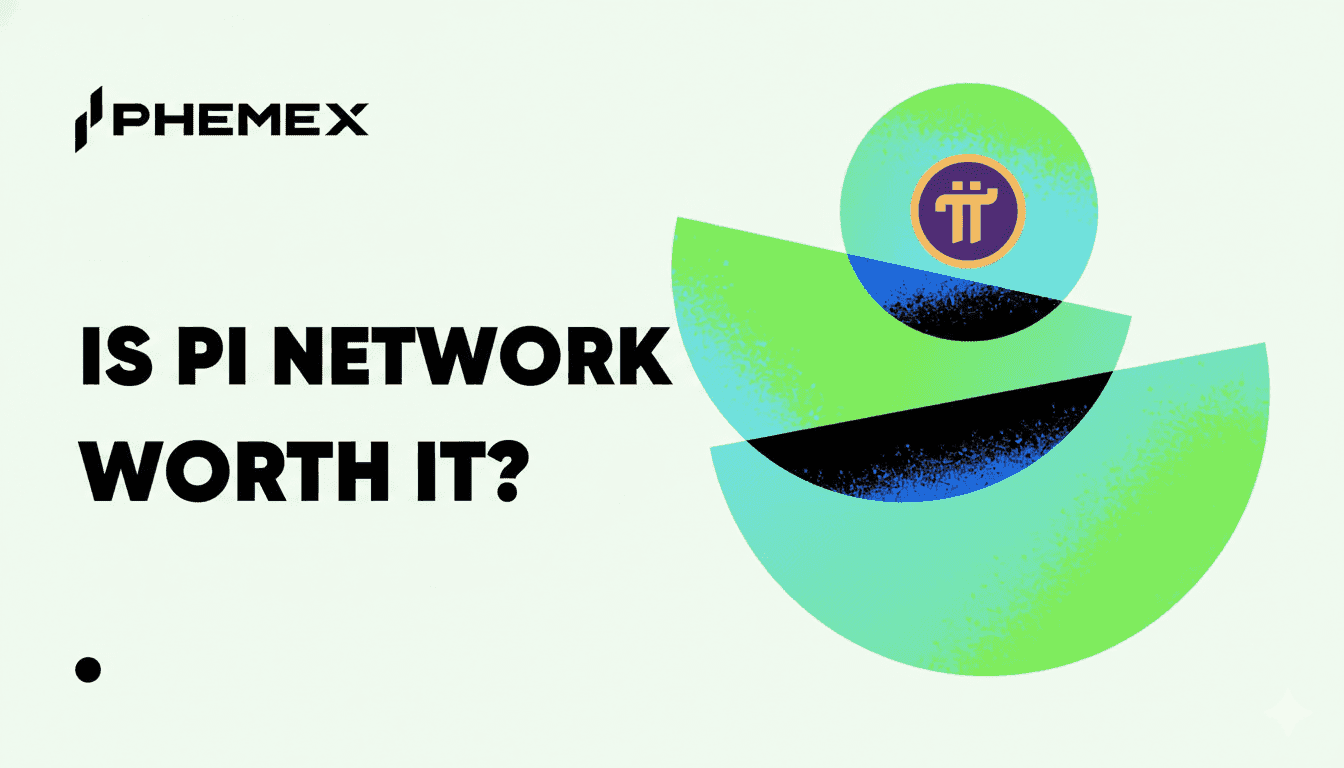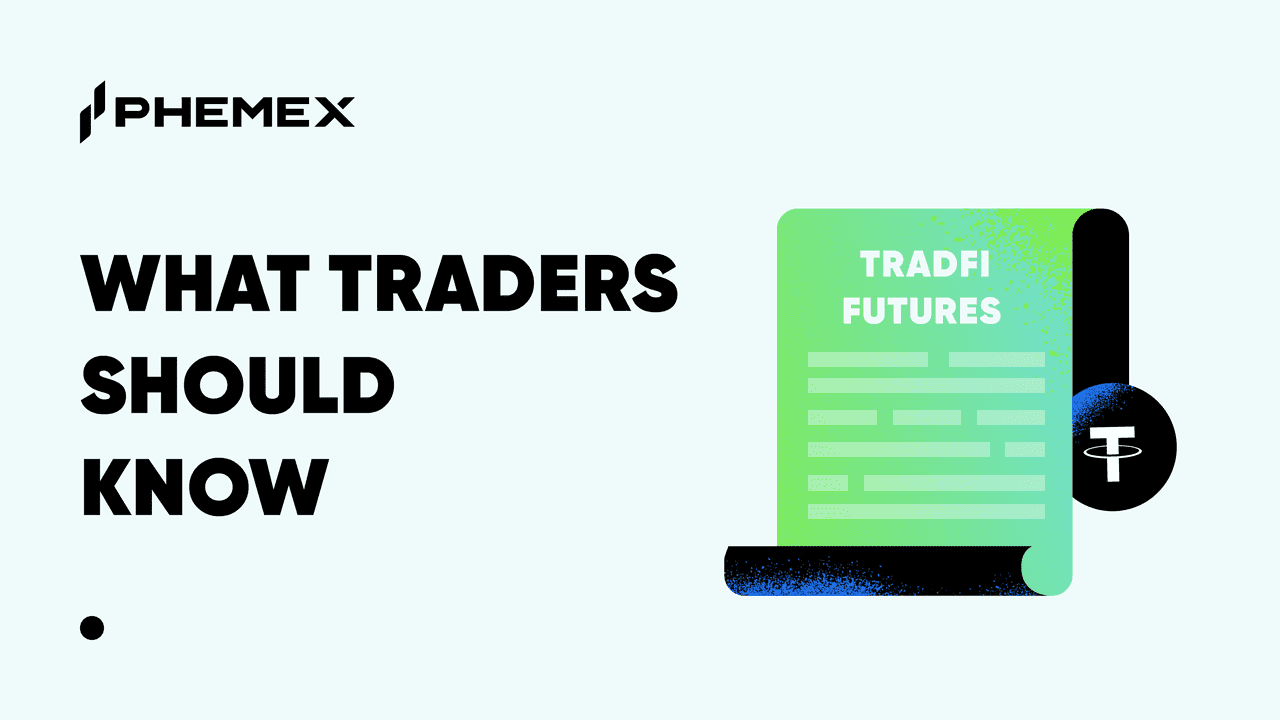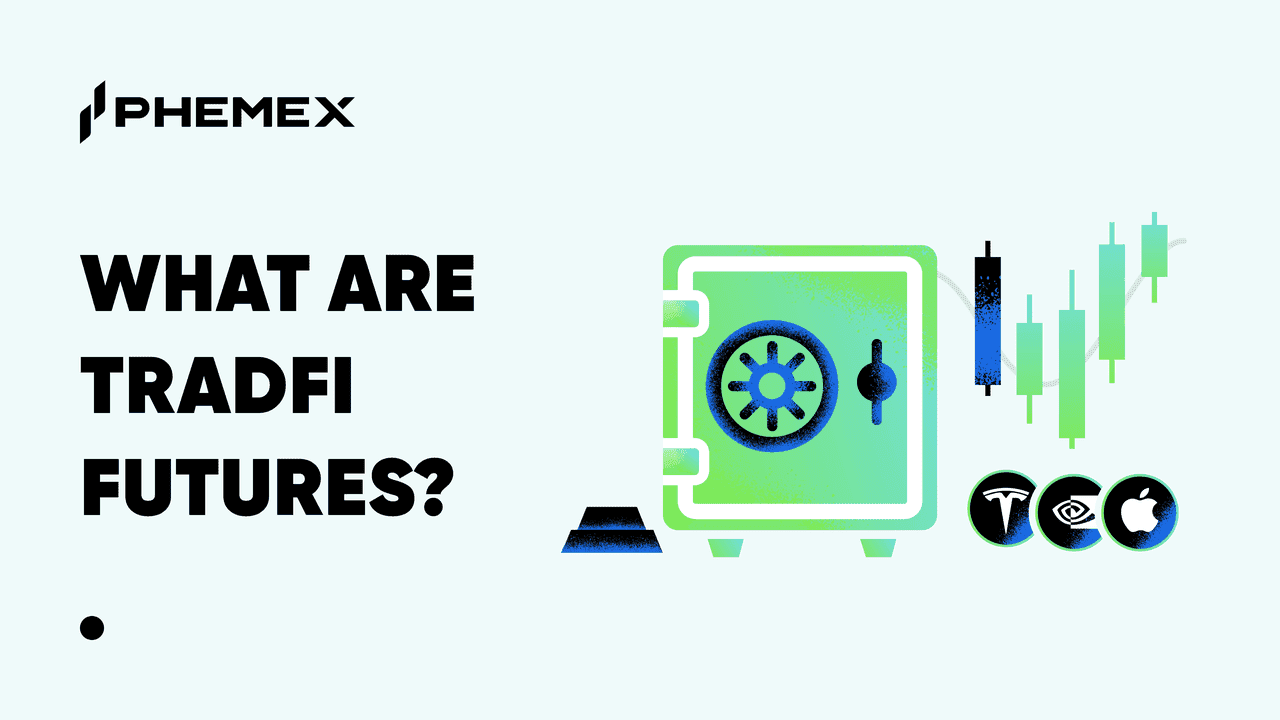The Bitcoin futures market has seen tremendous growth since December 2017; when Bitcoin futures were first introduced by Cboe Futures Exchange, LLC (CFE). Although they later bowed out of the market in 2019, a number of other exchanges saw a golden opportunity and decided to utilize it.
Currently, there are hundreds of regulated crypto derivatives exchanges offering Bitcoin futures globally and the number keeps rising as new players come up. To many, the introduction and the subsequent acceptance of Bitcoin futures plays a major role in the legitimization of Bitcoin. It is one of the most traded cryptocurrencies in addition to being the best valued. This is one of the main advantages of investing in Bitcoin futures, which are based on the value of Bitcoin itself.

Bitcoin Futures Market Participants
The Bitcoin futures market is mainly used either by investors seeking to hedge Bitcoin prices or those seeking to profit from price speculations without owning actual Bitcoin.
By hedging, an investor is able to protect his investment from a future drop in prices given the volatile nature of Bitcoin Spot market prices. For example, an investor may have $5000 worth of Bitcoins. To caution himself from a drop in market prices; he can open a Bitcoin futures contract to sell the Bitcoins at $5000 at a given time in the future. If that time comes and the total value of his Bitcoins drops to $4000 as a result of a drop in the value of Bitcoin in the spots market; the investor will still sell his/her Bitcoins at $5000.
For investors looking to profit from the market price fluctuations without owning a single Bitcoin; the cash settlements are best since they get their returns in terms of fiat currencies once the Bitcoin futures contract expires.
Bitcoin Futures Settlements
There are lots of players in the Bitcoin futures market who offer different types of settlements for Bitcoin futures once the contracts expire. However, the two most common forms of settlements are cash settlements and physical settlements.
Of the two, cash settlements are the most prevalent. As the Bitcoin futures market is mostly used by investors who are after hedging the price of Bitcoin without owning the actual Bitcoin, most are not looking for a physical delivery of Bitcoins to their wallets.
Nevertheless, crypto derivatives exchanges like Chicago Mercantile Exchange (CME) have started offering physical settlements for Bitcoin futures. By physical settlements, it means that the investor gets Bitcoins into his/her crypto wallet once the Futures contract expires. This is a new way and it is aimed at attracting the old Bitcoin investors who own Bitcoin in wallets.

Phemex Bitcoin Futures
Founded in 2019 and led by over 8 former Morgan Stanley Executives, Phemex is the latest cryptocurrency derivatives trading platform. Phemex sports a “User-Oriented” approach to developing its features and offer incredibly high performance by the standards of the crypto industry. Phemex allows its users to trade contracts backed not by crypto assets, and promises, in 2020, to accommodate derivatives of traditional financial products, such as S&P 500 stock indexes, interest rates, FOREX, commodities, metals, energy, etc. Comparably to BitMEX, deposits and withdrawals can be made only using BTC, which can be leveraged (up to 100x) for all the previously mentioned products.
Noteworthy Features:
Phemex’s most remarkable characteristics are technical: <1ms latency speed, >300k transactions/second, >99.9999% availability, which put Phemex on part with traditional financial exchanges. Phemex will also support FIX API and sub-accounts commonly requested features by crypto users.
Security:
Asset security seems to be taken very seriously at Phemex, the platform built its own Hierarchical Deterministic Cold Wallet System, which assigns an independent deposit address to each user so that all assets are kept in cold wallets. Moreover, similarly to BitMEX, BTC collection and transfer are all conducted via offline signature with strict human scrutiny.






